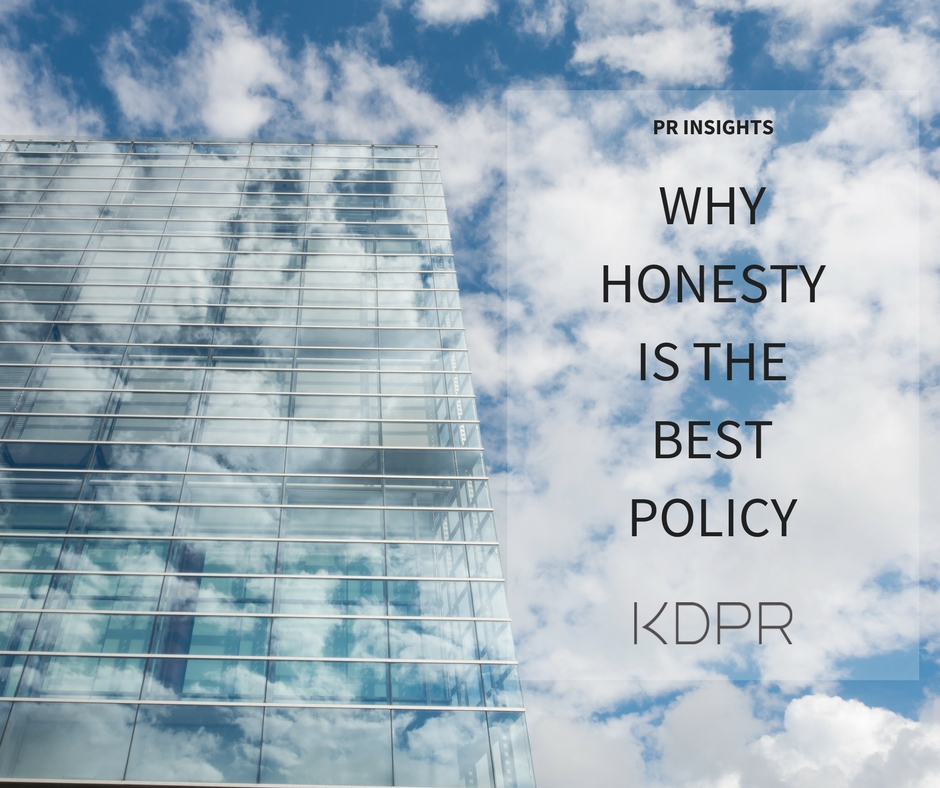
The Commonwealth Bank’s (CBA) latest scandal should be a warning for all major corporates that honesty and transparency are necessities for a trustworthy relationship between your organisation and its clients.
On Wednesday, Buzzfeed Australia revealed the CBA lost personal financial statements for more than 12 million customers. They also decided not to reveal this breach of privacy to their customers.
The CBA lost customers financial statements from 2004 to 2014, after several tape drives containing financial information went missing in 2016.
This latest scandal comes after accusations The CBA breached money laundering laws, had used bribery and forgery, failed to provide advertised fee waivers, provided dishonest financial advice to customers, unethically avoided CommInsure insurance payouts, and charged fees to deceased customers.
Australian Treasurer Scott Morrison said he expected the rest of the board members and executives of The CBA would resign; leaving consumers and investors wondering what’s next for the bank.
The bank is currently in a crisis management situation as they are being investigated by the Royal Banking Commission.
This situation could’ve been avoided if The CBA had been honest and transparent with its stakeholders. By being honest, The CBA may have been able to save its reputation.
Honesty and transparency are crucial in managing business reputation.
Honesty and transparency go hand-in-hand when it comes to creating a successful and thriving business. Not only does it build a trustworthy relationship between a business’ consumers and investors, it creates a flow of open-communication.
It also helps stakeholders connect with the business message.
Honesty will build stronger relationships and trust between the business and its stakeholders.
It will build confidence in a business and also display transparency.
Transparency can be defined as “the lack of hidden agendas and conditions, accompanied by the availability of full information required for collaboration, cooperation and collective decision making.”
However, being transparent is about more than being honest; it’s about being the kind of business you want the public to think it is.
The idea of being honest and exposing your business’ hidden internal operations can be a scary thought.
It need not be if your business is grounded in strong operations and processes delivering on your business goal.
It is more important to be openly communicating with your stakeholders about your business’ operations, performance and issues, than for them to find out through leaks in the media.
The CBA’s failure to meet its corporate responsibilities by alerting consumers of their privacy breaches has led to massive mistrust and issues.
This has significantly damaged The CBA’s reputation.
If The CBA had decided to openly discuss these matters with their stakeholders, perhaps they would’ve been commended for their honesty, rather than shamed for their secrecy.
From a PR perspective, it’s going to be a tough couple of weeks for The CBA as it needs to do more than apologise if it wants it stakeholders trust to be won back.
An apology from the CEO would be a start, but The CBA is going to need to show remorse in actions as well as words. To do that it is going to need to introduce new strategies and put in place proactive, positive and real steps for change.
The CBA needs to figure out what its key messages are and it needs to stick to them.
New management training programs and procedures are needed. Employees need to be retrained and most importantly it needs to introduce new measures to protect customer’s privacy.
Once real steps for change underpin an issues campaign response, honest and transparent communication will be less scary. With that honesty and transparency The CBA’s reputation will start to rebuild, the brand damage halted, and positive relationships with customers begin anew.
Words by Amy Reibelt
